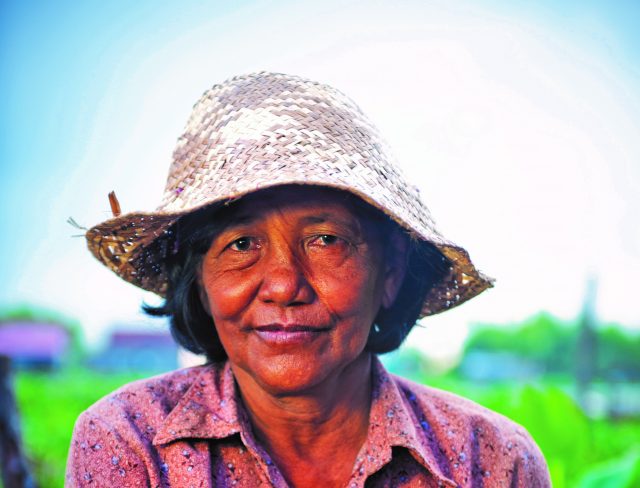
Previous findings
2022 Corporate Human Rights Benchmark
On 21 November 2022, we published the fifth iteration of the Corporate Human Rights Benchmark, assessing 127 companies in the food and agricultural products, ICT and automotive manufacturing sectors on their human rights performance. We assessed companies using our revised methodology, which was published in September 2021. Compared to previous iterations, the benchmark devotes more attention to companies’ actual performance in ensuring that human rights are respected within their four walls and supply chains, rather than merely the commitments they have made. It now also looks at whether companies are engaging with stakeholders at various stages of their operations, their business models, strategies and risks, and whether or not they prohibit recruitment fees, which is a form of forced labour. After five years, we have seen that benchmarking companies on their human rights performance is helping to drive change. Under scrutiny, companies are feeling more accountable for their responsibility and have improved their scores. However, the pace of this improvement is very slow.
Key findings
5 items
Key finding
Corporate respect for human rights has gained momentum – the stage is set for regulation to speed things up
Key finding
Elevating human rights responsibilities to the board and senior management level appears to be key for better action on human rights due diligence
Key finding
Companies need to translate their commitments to stakeholder engagement into meaningful action
Key finding
Companies are taking a hands-off approach to human rights in their supply chains
Key finding
In the face of the climate crisis, companies with an effective human rights approach are better equipped to plan for a just transition
2020 Corporate Human Rights Benchmark
On 21 November 2020, the World Benchmarking Alliance published the fourth iteration of the Corporate Human Rights Benchmark, assessing 230 companies. For the first time, we assessed companies from the automotive sector - 30 in total. Given the COVID-19 pandemic and associated impacts on companies globally, we chose to only assess companies from the agricultural products, apparel, extractives and ICT manufacturing sectors on a part of, rather than the full methodology. The results show that there has been progress on previous years. A number of companies are meeting the fundamental expectations of the United Nations Guiding Principles on Business and Human Rights (UNGPs), with strong commitments and rigorous procedures in place. However, two significant challenges have emerged. The first is that only a minority of companies demonstrate the willingness and commitment to take human rights seriously. The second challenge is arguably more pernicious and relates to the disconnect between commitments and processes on the one hand and actual performance and results on the other. If we are to achieve the SDGs by 2030, we need to ensure that strong commitments and management systems deliver their intended effects. Additionally, we need all companies to participate in this effort and to place people and planet above the pursuit of profit at all cost.
Key findings
3 items
Further reading
-
Corporate Human Rights Benchmark publications
Explore benchmark results from 2017–2019, the 2020 methodology and all other Corporate Human Rights Benchmark publications.
See all
-
2022 Corporate Human Rights Benchmark
See rankings and scorecards